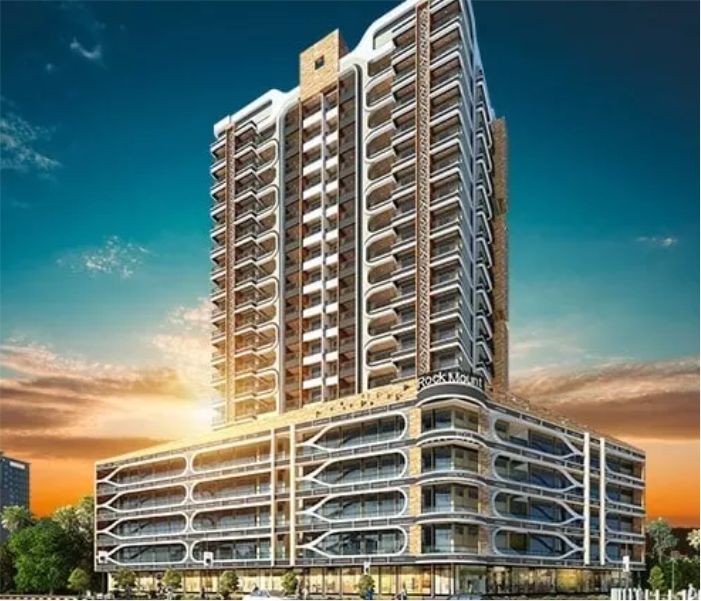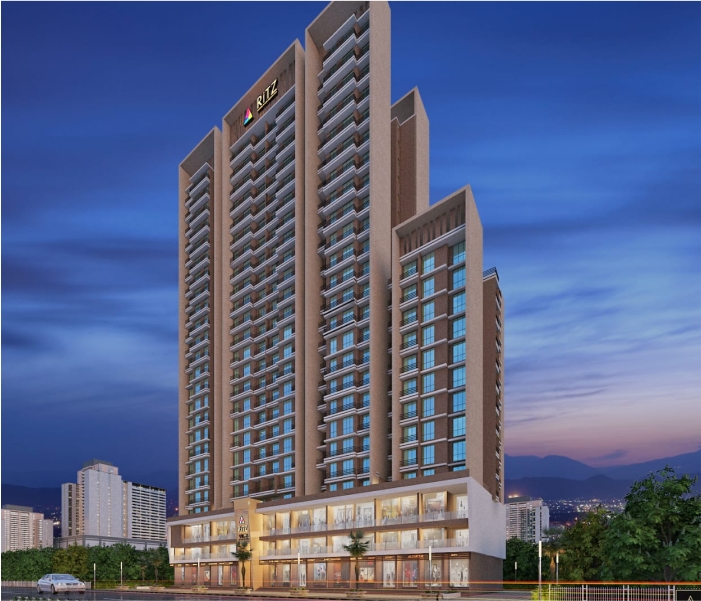
As the world grapples with the far-reaching effects of climate change, cities across India are increasingly facing unique challenges. Kalyan, a growing metropolitan area located in Maharashtra, stands at the intersection of opportunity and vulnerability. With its thriving real estate market, understanding the implications of climate change is crucial for stakeholders, including developers, investors, and homebuyers.
Rising Temperatures and Urban Heat Islands
One of the most visible impacts of climate change in Kalyan is the increase in average temperatures. Urban areas like Kalyan often experience the “urban heat island” effect, where concrete and asphalt absorb and retain heat more than rural areas. As temperatures rise, the demand for energy-consuming cooling systems in residential and commercial buildings is likely to increase, leading to higher utility costs and environmental concerns.
For developers, this means prioritizing energy-efficient designs and green building practices. Incorporating features such as reflective roofing, increased vegetation with urban landscaping, and energy-efficient windows can mitigate some impacts while also appealing to environmentally conscious buyers. Projects that integrate sustainable technologies will likely see greater demand, positioning themselves favorably in a competitive market.
Increased Flooding and Water Management
Kalyan is particularly susceptible to flooding, especially during the monsoon season. The effects of climate change, including erratic rainfall patterns and rising sea levels, exacerbate this issue. In recent years, heavy rainfalls have resulted in significant property damage and disruptions, raising concerns about water management infrastructure in the region.
For the real estate sector, understanding these risks is vital. Properties in flood-prone areas may see a decline in value, while those in strategically designed neighborhoods with proper drainage and water management systems may attract buyers. Promoting developments located in safer zones, coupled with adequate flood defenses, can enhance property appeal. Additionally, investors are increasingly seeking properties with insurance against climate risks, influencing their purchasing decisions.
Impact on Biodiversity and Ecosystems
Kalyan’s proximity to diverse ecosystems faces growing threats from climate change, including habitat loss and species extinction. As natural habitats are impacted, the local biodiversity that residents enjoy may dwindle, leading to a diminished quality of life. This is an essential factor for homebuyers and investors to consider, as lifestyle amenities and natural surroundings play a significant role in real estate appeal.
To address these concerns, real estate developments that incorporate ecological considerations—such as maintaining green spaces, utilizing native plants in landscaping, and preserving existing natural elements—could become more desirable. Buyers are increasingly looking for properties that not only offer modern amenities but also ensure a commitment to sustainability and ecological responsibility.
Regulatory Changes and Building Codes
As the government recognizes the urgency of climate change, regulatory frameworks are evolving. Stricter building codes may emerge to combat climate impacts, requiring builders to adopt more resilient construction practices. This shift could affect project timelines, costs, and the overall feasibility of developments in Kalyan.
Stakeholders must stay informed about these changes to ensure compliance and seize opportunities for innovation. Emphasizing sustainable building practices not only aligns with potential new regulations but also enhances marketability in a growing sector of environmentally conscious consumers.
Shifting Consumer Preferences
The awareness of climate change’s effects is leading to a shift in consumer preferences. Today’s buyers are more inclined to invest in homes that reflect their values, including energy efficiency, sustainability, and resilience to climate-related threats. This growing consciousness presents an opportunity for real estate agents and developers to market properties that prioritize environmental stewardship.
Integrating sustainability into marketing strategies can differentiate properties in Kalyan’s competitive market. Providing potential buyers with information about energy savings, reduced carbon footprints, and community impact can be a deciding factor in their purchasing decisions.
Conclusion
As climate change continues to reshape our world, Kalyan’s real estate sector must adapt to new realities. Stakeholders need to recognize and address the challenges posed by climate change—from temperature increases and flooding to changing consumer preferences. By embracing sustainable practices and innovative designs, developers and investors can not only mitigate risks but also position themselves for success in a market that increasingly values resilience and environmental responsibility.
In a rapidly changing climate, informed decisions today will pave the way for a sustainable and prosperous real estate landscape in Kalyan tomorrow.



Recent comments(0)